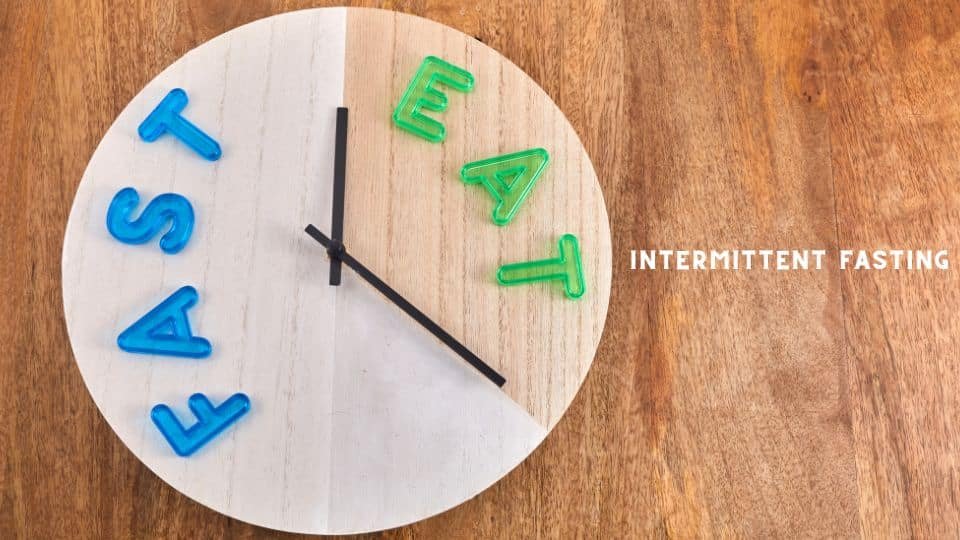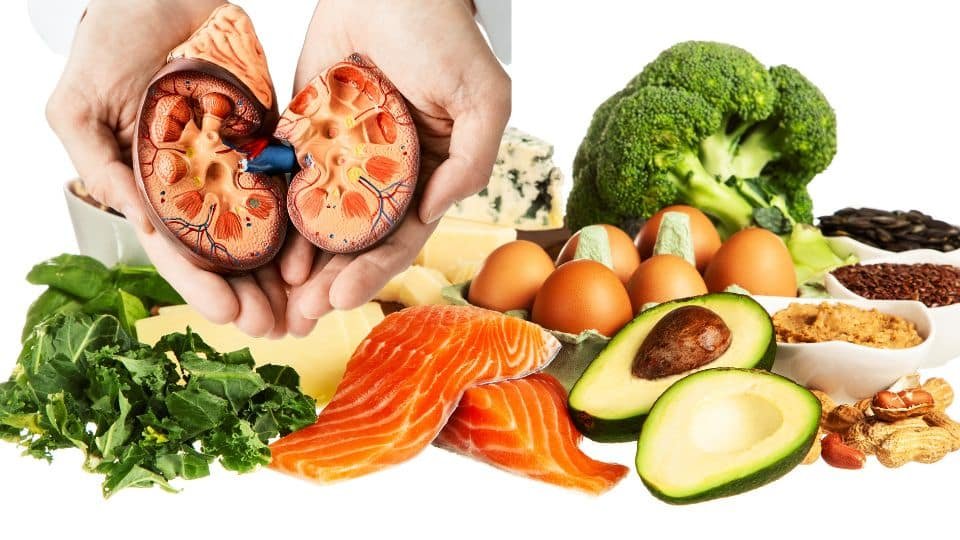High Salt Consumption, Welcome! Today, we delve into a new study published in the Mayo Clinic Proceedings by the brilliant minds at Tulane University. Here, the study unveils a surprising link between something we all have in our Kitchens – salt – and the risk of developing type 2 diabetes. So grab a cup of tea or coffee, and let’s get started!
The researchers set out to explore the long-term relationship between how much salt we add to our food and the likelihood of developing type 2 diabetes.
The study looked at a whopping 402,982 participants from the UK Biobank, a treasure trove of health data. These folks were diabetes-free, with no chronic kidney issues, cancer, or heart problems at the study’s kickoff.
Fast forward 11.9 years, the researcher discovered something interesting. Brace yourself: 13,120 participants got type 2 diabetes during this time. It’s a significant number that grabbed the researchers’ attention.
Now, here is the juicy part. The researchers aimed to determine whether the habit of adding salt to our meals could serve as a prognostic indicator for our likelihood of developing Type 2 Diabetes (T2D). As it turns out, this might indeed be the case. The study revealed a correlation between the increased addition of salt and a heightened risk of developing type 2 diabetes.
Let’s break it down: individuals who “never/rarely” included salt had a baseline risk. However, for those who added salt “occasionally,” “frequently,” or “always,” their risk increased by 11%, 18%, and a significant 28%, respectively. That’s not just a pinch; it’s a substantial increase.
Now, you might be wondering if having high blood pressure or other health factors alters the impact of the salt story. The answer is no; the study didn’t discover any major changes in those cases. However, the connection between high salt consumption and type 2 diabetes risk is complex; it’s not just about the salt itself but how it influences our body.
You can also view this article: Discover the Truth: Can a High-Protein or Normal Protein Diet Help Manage Type 2 Diabetes?
The researchers discovered that the relationship between high salt consumption and type 2 diabetes was influenced by a few factors, like body mass index, waist-to-hip ratio, and C-reactive protein. The mediation effect, which explains how these factors link together, was particularly notable, especially regarding body fat mass.
So, what’s the takeaway here? Well, for the first time, this study suggests that how often we reach for that saltshaker might have more consequences than we thought. It’s not just about taste; it’s about our long-term health. But, of course, further research is necessary to understand the underlying mechanisms fully.
And there you have it, folks – the unexpected link between high salt consumption and type 2 diabetes connection. Who knew that something as common as salt could be a silent player in our health journey?
As always, stay curious, stay healthy, and keep an eye on the science headlines.
Glossary:
- Tulane University: An academic institution where the researchers conducted the study mentioned in the article.
- High Salt Consumption: Refers to the act of regularly consuming elevated amounts of salt in one’s diet.
- Mayo Clinic Proceedings: A scientific journal where the study on salt and diabetes was published.
- Diabetes Risk Factors: Various elements or conditions that can increase the chances of developing diabetes.
- Diabetes Prevention: Strategies and measures taken to reduce the risk of developing diabetes.
- UK Biobank: A large database containing health-related information from a substantial number of participants.
- Prognostic Indicator: A factor or variable that can be used to predict the likelihood of a future event or condition.
- Type 2 Diabetes (T2D): A chronic condition characterized by insulin resistance and high blood sugar levels.
- Body Mass Index (BMI): A measure of body fat based on height and weight.
- Waist-to-Hip Ratio: The ratio of the circumference of the waist to that of the hips, often used as an indicator of body fat distribution.
- C-reactive Protein: A marker of inflammation in the body.
Journal Reference:
Xuan Wang, Hao Ma, Minghao Kou, Rui Tang, Qiaochu Xue, Xiang Li, Timothy S. Harlan, Yoriko Heianza, Lu Qi. Dietary Sodium Intake and Risk of Incident Type 2 Diabetes. Mayo Clinic Proceedings, 2023; 98 (11): 1641 DOI: https://doi.org/10.1016/j.mayocp.2023.02.029



 By
By










